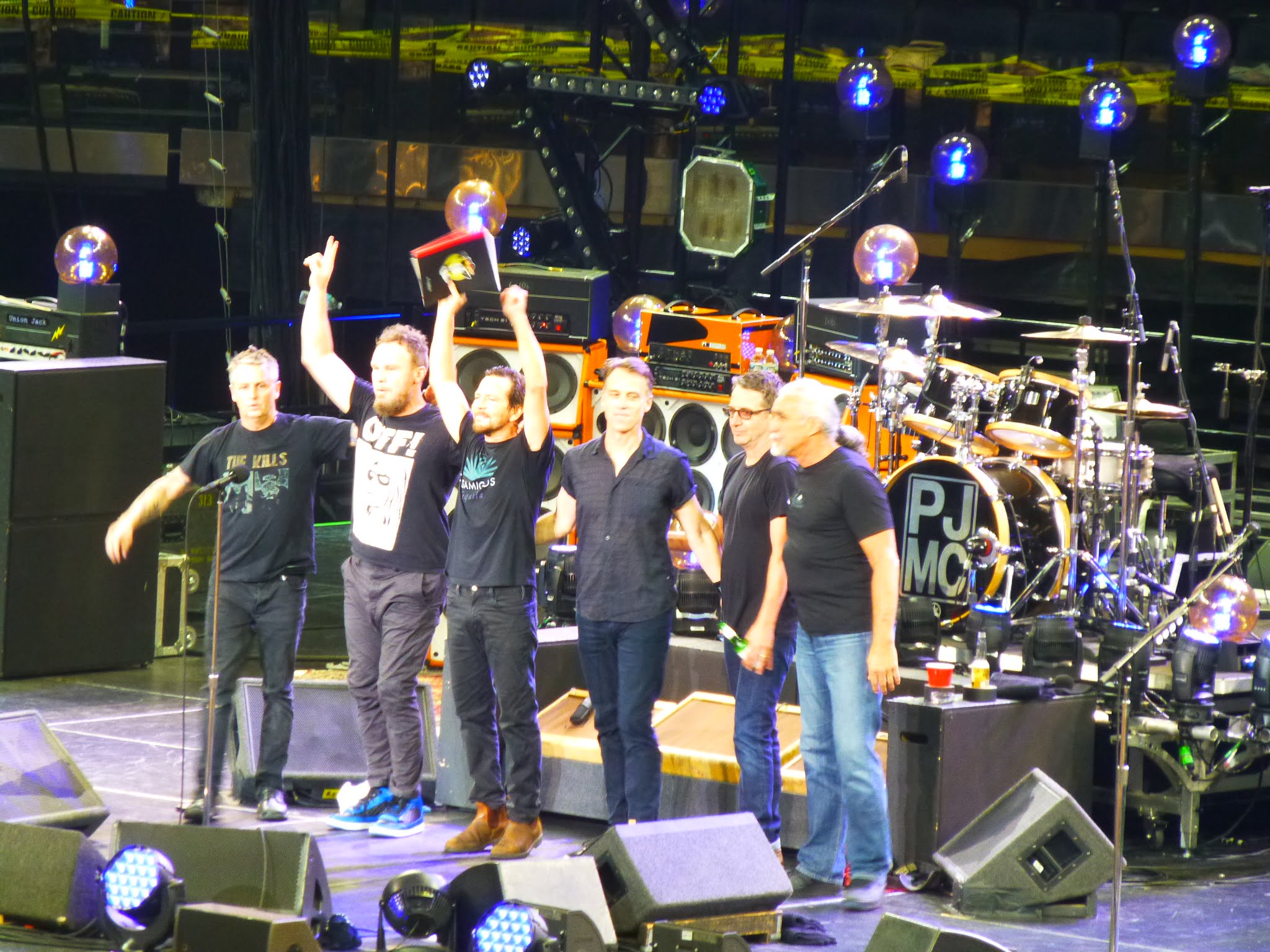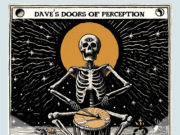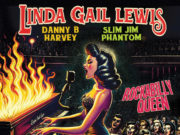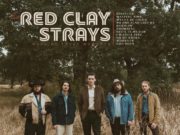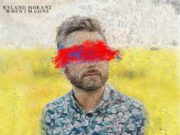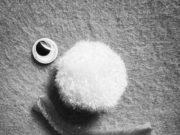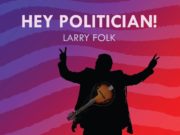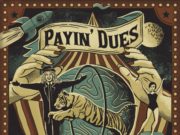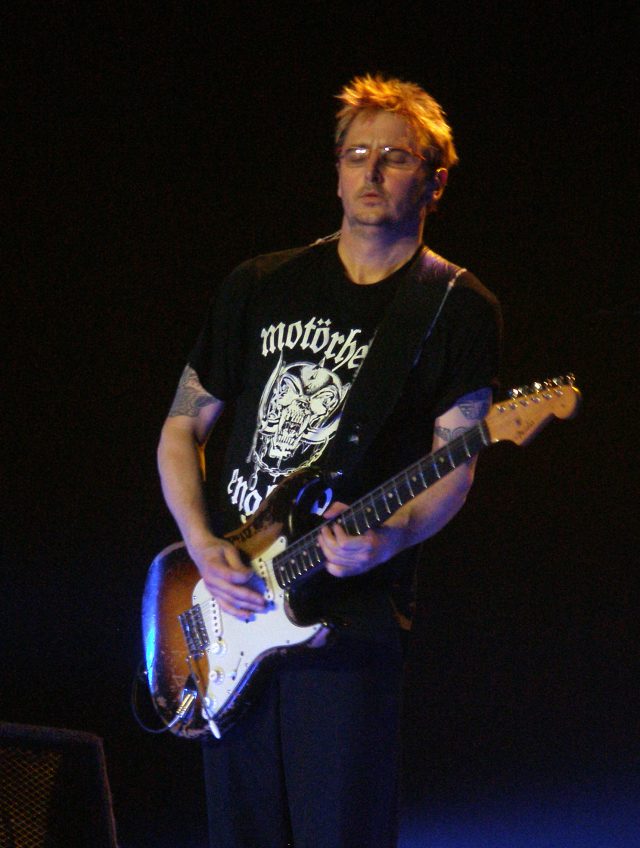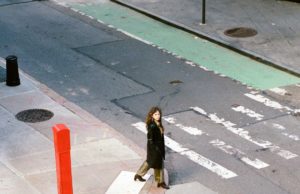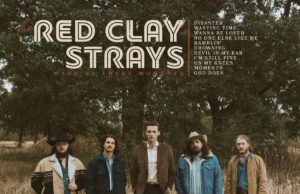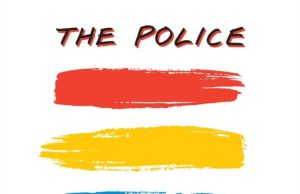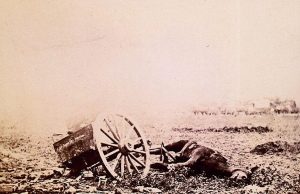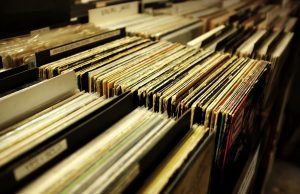On Oct. 22 1990, Pearl Jam reportedly played their first show at Seattle’s Off Ramp. The 28th anniversary of that gig seems as good a day as any to resurrect this interview I did with PJ guitarist Mike McCready in 2011, when they were marking the 20th anniversary of the debut album Ten. Here it is — with some extra questions and answers that didn’t make the cut the first time around. Enjoy:
• • •
Pearl Jam’s Mike McCready never expected Ten to get them Twenty.
The guitarist says he’s as surprised as anyone that the Seattle rockers are still alive and thriving two decades after releasing their debut album.
“I’m amazed we’re still around,” the 45-year-old McCready chuckles down the line from his home. “It’s been such a roller-coaster ride. I feel very proud that we’ve been around that long.”
He oughta. Since exploding on the scene in 1991 with Ten, Pearl Jam — frontman Eddie Vedder, guitarists McCready and Stone Gossard, bassist Jeff Ament and a succession of drummers culminating in timekeeper Matt Cameron — have steadfastly (and sometimes defiantly) maintained their integrity in a business seldom known for it. They balked at making videos. They battled Ticketmaster. They out-bootlegged bootleggers. They weathered petty feuds with Kurt Cobain and a massive tragedy when nine fans died in a crush at a Danish festival in 2000. And along the way, they’ve recorded some of the most powerful music of their generation, while setting a standard for live performance few have matched.
The alt-rock heroes have spent much of 2011 marking their 20th anniversary with archival releases. The Live on Ten Legs compilation and expanded reissues of their mid-’90s albums Vs. and Vitalogy came earlier in the year, priming the pumps for a fall triptych: Filmmaker Cameron Crowe’s Pearl Jam Twenty documentary, a soundtrack album of rarities and a book.
But even as they work the rearview mirror, Pearl Jam move forward, both on the road and in the studio. So what better time to talk to McCready about lessons learned, future plans and who left the seat up.
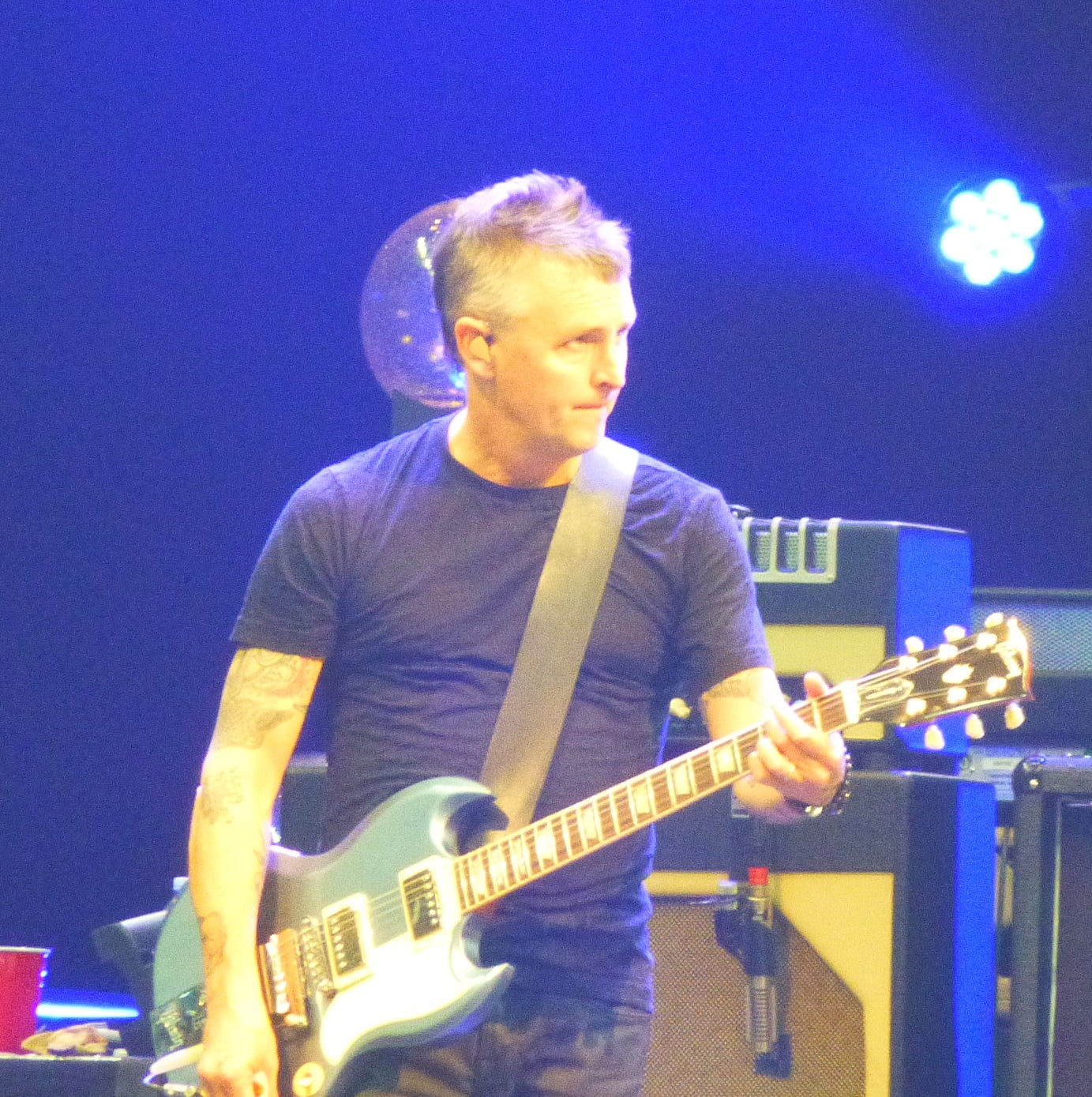
Congrats on 20 years. Does it feel like an achievement?
Yeah, when I saw the film, it’s reminded me that we did do a bunch of stuff — some was fun and important, and some was sad. But the movie put it into a linear sense for me. It was hard to quantify it until I saw the movie. When you’re in the middle of it, you’re just living and trying to keep the thing afloat and do the best you can by creating music and keeping a fan base and touring. Somehow, through all of that, 20 years happened. But I still think in terms of, ‘What are we doing next?’ I think we all think that way.
Have you enjoyed reminiscing?
I like looking back and talking about the stories of the old days. Looking at it now, I have some good perspective. But I think some other guys in the band are kind of over it a little bit. Jeff and Ed, who have had to do a lot of the reissue stuff in terms of artwork and all that; they’re the guys who really want to move on.
They say those who don’t learn from the past are doomed to repeat it. What have you learned from your past?
I think I’ve learned that as a band, you just need to follow your heart and try to do music for yourself first. That will keep you honest in terms of songwriting. And you should enjoy it as much as you can with your bandmates and know that this is a fun thing and you’re very lucky to be able to do it. Just know that there are no right answers to music; there’s no formula to having a hit. There’s a lot of luck and timing and stuff that you have no control over.
“I think the key to the longevity has got to be threefold or fourfold or who knows: Luck, timing, fans enjoying the music, and … I don’t know, being good?”
Has leading with your heart and your gut been your guiding principle — and perhaps the key to you longevity?
Perhaps. I think people know that we’re real and we try to do the best we can to take care of ourselves and our fans in terms of low ticket prices and access to the fan club. We’re very conscious about all of that, and hopefully that’s something people know we’re sincere about. And I think they know Ed comes from his heart when he’s writing his lyrics. I think the key to the longevity has got to be threefold or fourfold or who knows: Luck, timing, fans enjoying the music, and … I don’t know, being good? There’s a lot of different elements that go into it.
People liken a band to a marriage. Your honeymoon is long over. What stage are you at now?
We’re that cranky old couple at the table in the morning complaining at each other. No, I’m kidding. We get along. We’re older now and all have families. We know that’s the most important thing. But music is still very important. So when we’re doing it, we’re doing it full on. And when we’re not, we’re away from each other. We’ve figured out how to have balance over the years. But that’s been through years of making mistakes. That’s the only way you learn. We get together, we do some music, go record, we go on tour, we hang out and tell the same stupid jokes, and then we go away from each other when we’re off tour and do our own things and have our own friends and lives and families.
Speaking of mistakes, are there decisions and actions you would go back and reverse?
I don’t know if I would go back and reverse anything. I think all the decisions we made — even when the government asked us to be a witness in the Ticketmaster thing — that was heartfelt. We needed to do that for financial reasons. I don’t think that was a mistake. It was hard to put on a tour after that when we tried to do our ticketing ourselves. But we tried. I think the thing is just to try. If you’re a young band, know that you’ve got to go with your gut and hopefully business will line up with that. But you never know. There’s no formula. And certainly, with the landscape we’re in now, it’s all different. There’s no labels. People are making it through YouTube. There’s all sorts of different avenues.
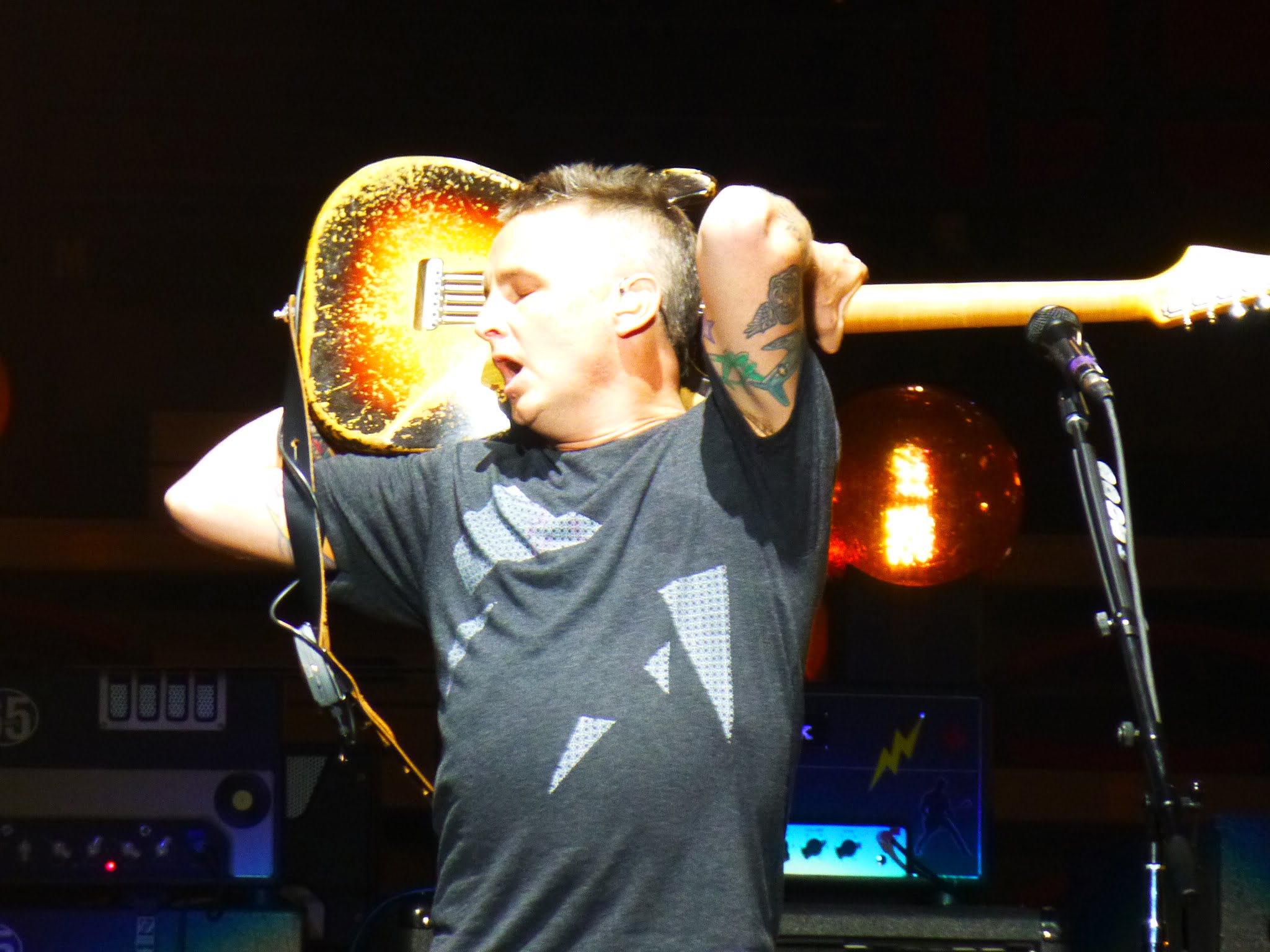
Talk about your philosophy when it comes to playing live. For an arena touring band, you’re an exception to a lot of rules.
That’s kept us on our toes for sure. Since we didn’t go that route with the giant stages and do tons of press all the time and do tons of videos, we developed kind of an organic live show that people respond to, I believe. As musicians, it keeps us on our toes to do a different set every night, with 70 or 80% of the set being different from night to night. And Ed takes the time and care with the set list — wherever we’re playing, he’ll look at the set list from the last time we played there and we will do something different. He’ll gear the set list to how he feels and what the vibe of the place is and cater it specifically to each town we play in. That’s how it always is.
You said you think in terms of what comes next. So what comes next? I hear you’ve been recording.
We do have five or six demos that we feel good about — just rough mixes and things. But first, we have to rehearse for the tour and relearn those songs. We were just having a meeting over the phone about which ones to do. Sometime next year, hopefully, we’ll go back in and record some music. We need to get about seven or eight more songs down to have a full record.
Is the new material heading in any specific direction?
It’s in such an infantile stage that it’s hard to say. Right now it’s a logical extension of Backspacer. There may be a few more dark songs, and a few longer songs. It might not be as poppy.
And what about the set lists for this tour? What are we going to get?
I think we’re going to pull deeper from our back catalog than we’ve ever pulled. That’s what we’ve talked about. There may be a couple of gems that people haven’t heard live ever.
So, what’s the plan for the next 20 years?
Wow. Just to try to keep moving on. We can only do that. We only have today. You can plan, but life gives you other things. I would hesitate to say where we’ll be in 20 years.
Maybe then you really will be like that old cranky couple.
Could be! We’ll be like, ‘Put down the toilet seat!’
